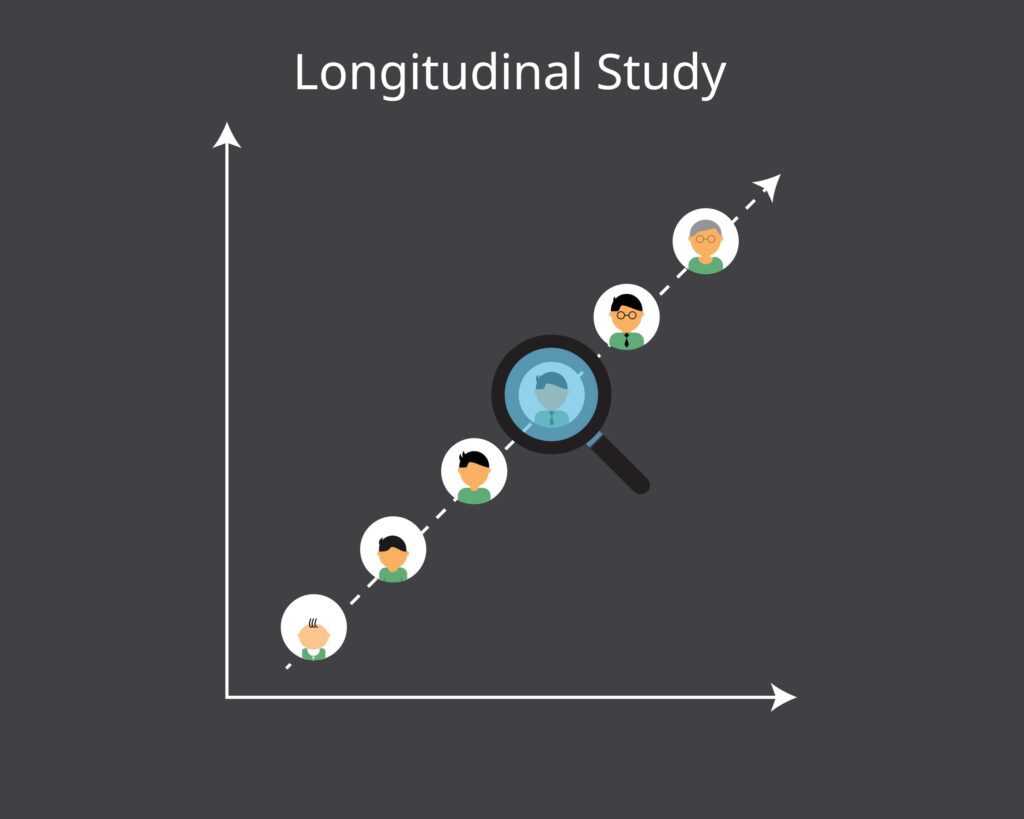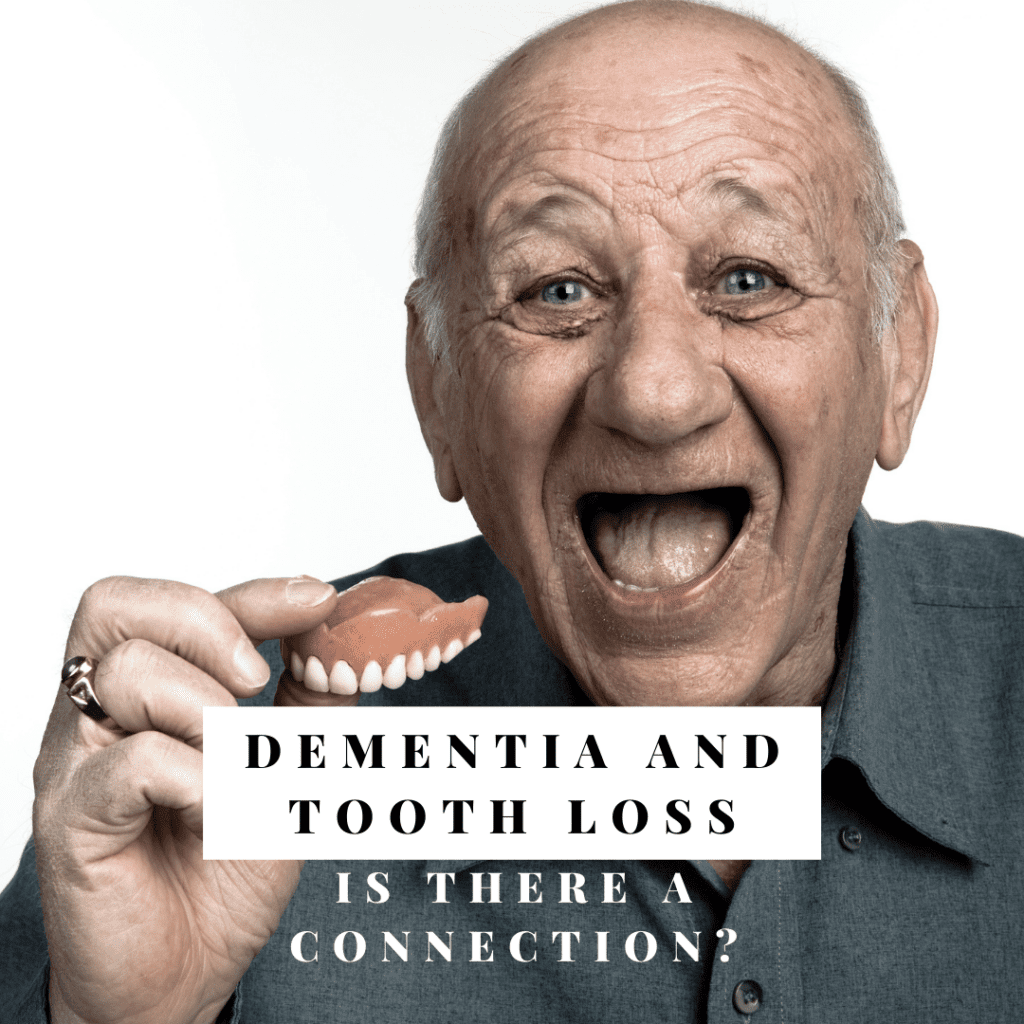In a recent study, the connection between tooth loss and dementia was examined. What they found is that people with missing teeth were more likely to develop dementia than those who had all of their teeth. This has led some dentists to believe that maintaining oral health will not only prevent future problems like tooth decay and gum disease, but can also decrease the risk of developing dementia later in life.

Tooth Loss Facts
-
- 1 in 6 Americans over the age of 65 have no natural teeth (Source: Centers for Disease Control and Prevention (CDC))
-
- The top cause of tooth loss in adults is periodontitis, a severe form of gum disease that deteriorates the jawbone and causes the teeth to become loose and/or fall out
- Missing teeth can cause difficulties with eating and speaking

Dementia Facts
-
- Over 5 million individuals over the age of 65 are afflicted with dementia (Source: Centers for Disease Control and Prevention (CDC))
-
- Dementia is a catchall phrase for a variety of cognitive impairments and symptoms, such as memory loss and poor decision-making.
-
- Alzheimer’s disease is the most common form of dementia, but is not the only type
-
- Risk factors include age, genetics, race/ethnicity, previous or current head injuries, smoking, and health issues such as high blood pressure and high cholesterol. There is no known cause of dementia
The Connection

Research published in the Journal of Post-Acute and Long-term Care Medicine by a team of researchers at New York University Rory Meyers College of Nursing discovered a link between tooth loss and dementia. Researchers examined data from 14 longitudinal studies that included information about 37,074 adults and 4,689 individuals with cognitive impairment. They stated the following:
-
- Adults with more tooth loss had a 1.48 times higher risk of developing cognitive impairment
-
- Adults with more tooth loss had a 1.28 times higher risk of being diagnosed with dementia, despite controlling for other factors
-
- Adults with missing teeth were more likely to be affected by cognitive decline if they did not have dentures (23.8% of individuals without dentures were more likely to have cognitive impairment, compared to only 16.9% of individuals with dentures.
-
- A larger amount of missing teeth was associated with a higher risk for cognitive decline (each additional missing tooth increased the risk of cognitive impairment by 1.4% and the risk of being diagnosed with dementia by 1.1%)
“…the relationship between the number of missing teeth and risk of diminished cognitive function substantially strengthens the evidence linking tooth loss to cognitive impairment, and provides some evidence that tooth loss may predict cognitive decline”
-Xiang Qi, a doctoral candidate at NYU Meyers
To Sum It Up
Maintaining oral health can not only prevent future problems like tooth decay and gum disease, but it may also decrease the risk of developing dementia later in life. The research we’ve presented provides evidence that there is a connection between missing teeth and cognitive impairment or dementia later on in life. To learn more about how to maintain your dental health for you and your family, please contact our team of experts here at Empire Dental. We’re ready to answer any questions you might have!

Dr. Admar holds dual certificates — a Bachelor of Dental Surgery (BDS) in 2010 from India and a Doctor of Dental Surgery (DDS) in 2014 from Canada. He is now a full time practicing dentist in Kamloops where he provides a variety of services, including emergency dentistry. Dr. Admar spends hundreds of hours in continued dental education to stay up to date in cosmetic and implant dentistry and he has achieved several advanced qualifications.


